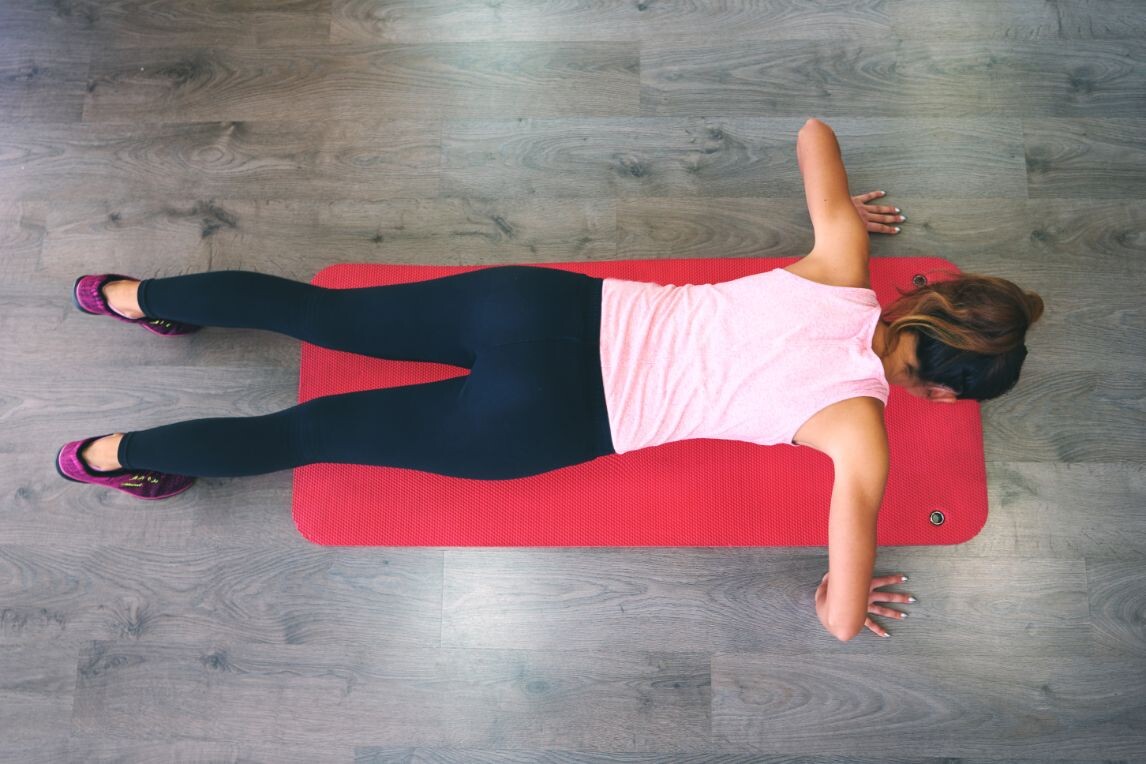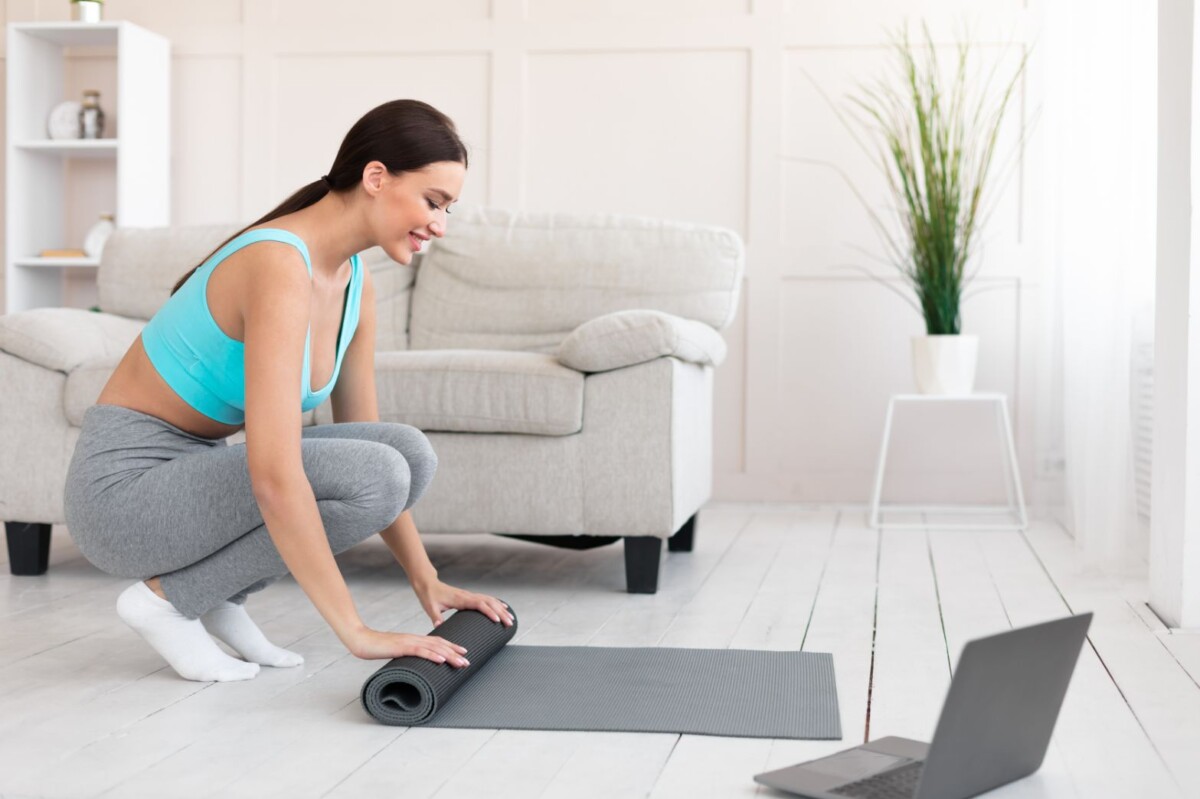A quick internet search for ‘fitness’ brings up a mixed bag of results. From meanings and interpretations of the word, businesses promoting fitness, to supplements, weight loss plans, tricks, and tips, there’s more information than an average person can consume without infobesity – more commonly known as information overload.
So how do you cut through the clutter and achieve your fitness goals? Here are a few pointers that will help you get started, on your own terms.
Ask yourself why
Start by asking yourself what triggered this quest for fitness. It is essential to embark on the journey for the right reasons – for instance, to maintain healthy body weight, run a marathon, perform a headstand, prevent lifestyle diseases, live a longer life. etc.
But if you want to lose weight to chase an Instagram-acceptable ideal body, it’s probably a good idea to introspect. Physical fitness is closely associated with mental health and wellbeing, and it might be better to start focusing on mental health instead.
Seek expert guidance

If you have health concerns or maybe pre-existing conditions, it is best to consult experts who will design a fitness roadmap that is safe for you. Remember – fitness is a marathon, not a sprint. Expert guidance can help you arrive at healthy fitness goals, safely, and give you the necessary motivation to achieve them.
And, the internet has made this simpler than ever; you don’t even need to physically visit an expert. For instance, if weight loss is one of your goals, and you need expert guidance around it, you can check out Click Pharmacy. They have several plans that can suit your needs, which pharmacy experts will prescribe based on your details.
Be prepared to make lifestyle changes
Fitness is more than doing a few exercises a week and drinking a green smoothie. Of course, what how you fuel your body matters, but don’t forget to focus on what you put into your mind too. With positive changes to your eating habits, physical activities, and lifestyle choices, it is equally important to leverage the power of positive thinking and staying healthy.
Factor in limitations

While the willingness to improve yourself is a crucial requirement, loving acceptance for everything that makes you who you are will help you set realistic goals. It is important to make choices that work for you. If you are low on upper body strength, trying to do 100 pull-ups is counterproductive, as is going for a vegan diet when you absolutely cannot do without meat-based foods.
Make incremental changes; you are more likely to stick to your fitness journey if you introduce changes, and exercises, slowly, giving your body time to adjust.
Be consistent
What fitness needs the most is commitment and consistency. It is a combined state of physical and mental wellbeing that looks different for different people. Once you find a fitness goal that is tailored for you – and not the other way around – stick to it.
Even if you don’t see results at first, be consistent. Even better is to look beyond ‘goals’ and see the benefits of your fitness-related efforts. See if you feel more energized, more at peace, more confident, more joyful – these benefits are far more beneficial than a certain desired number on a weighing scale.
The sooner you take charge of your fitness journey, on your terms, the better the results!

